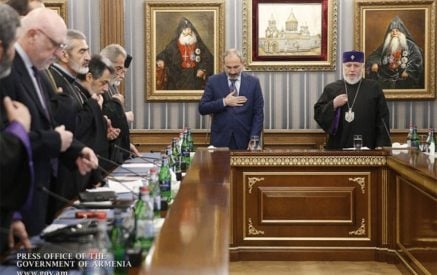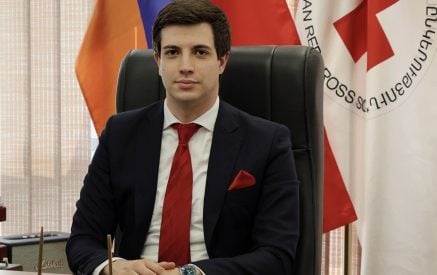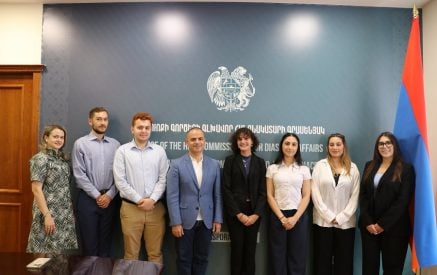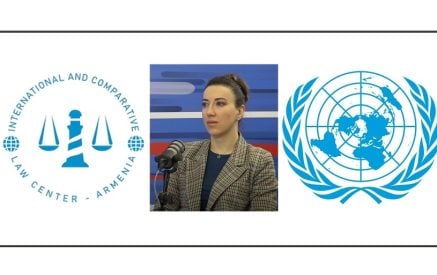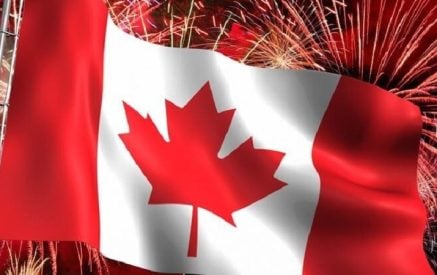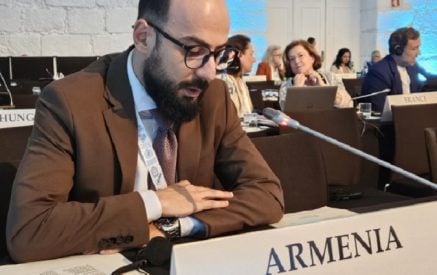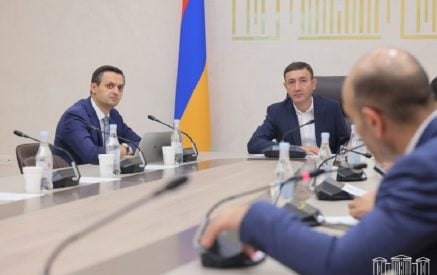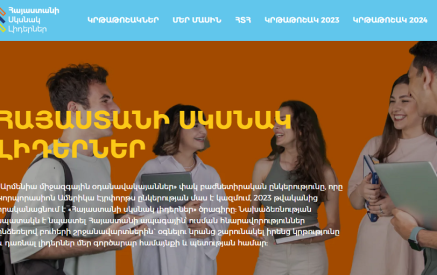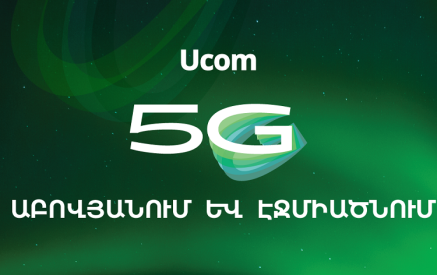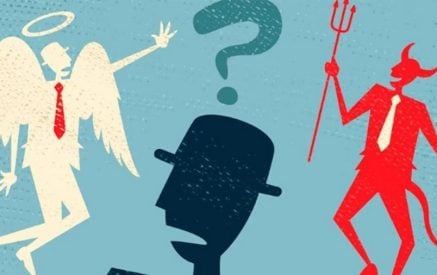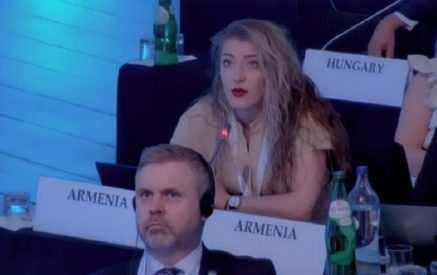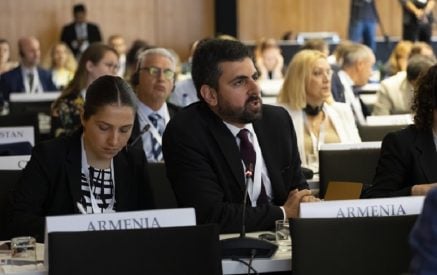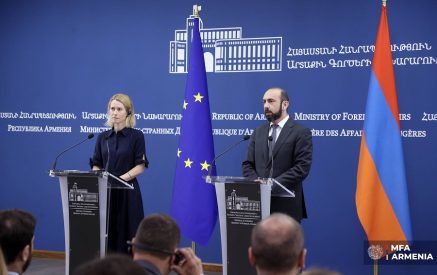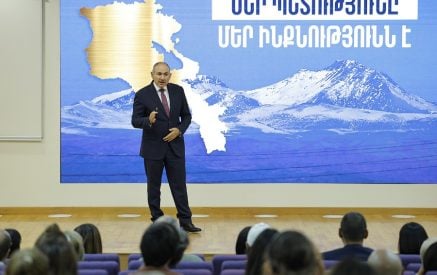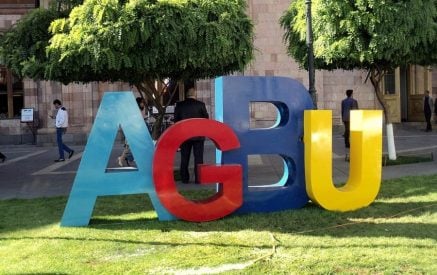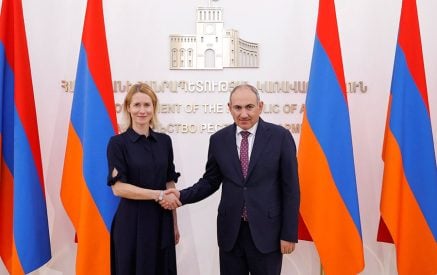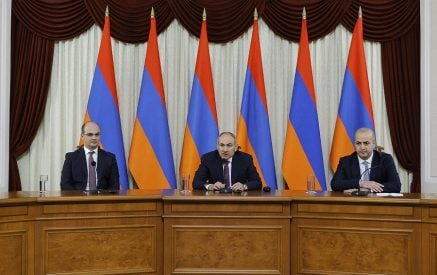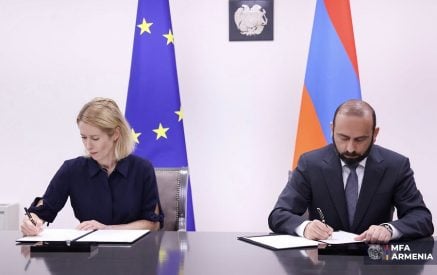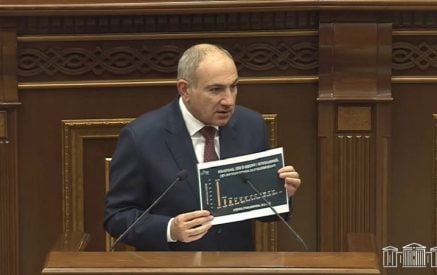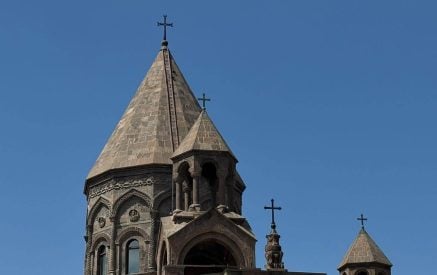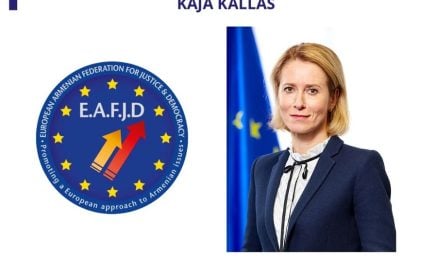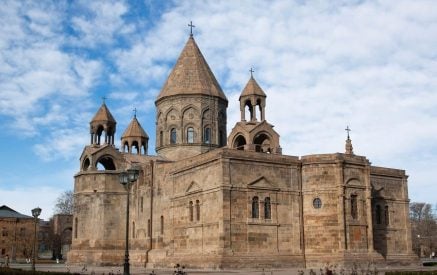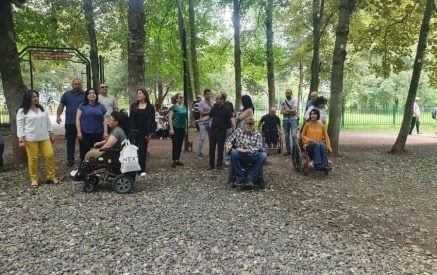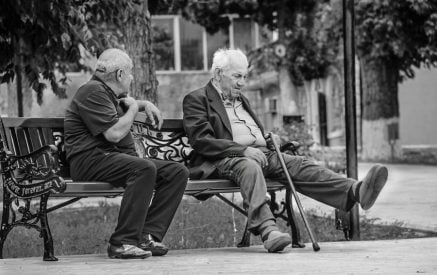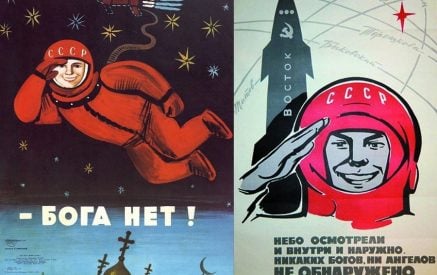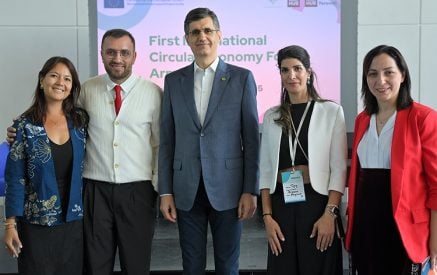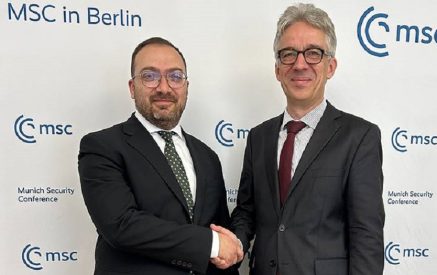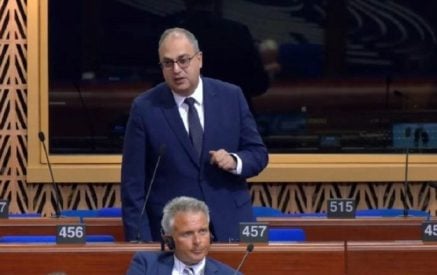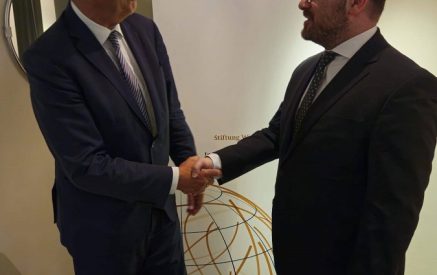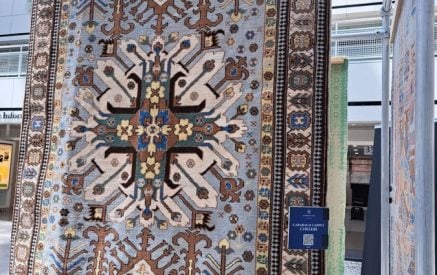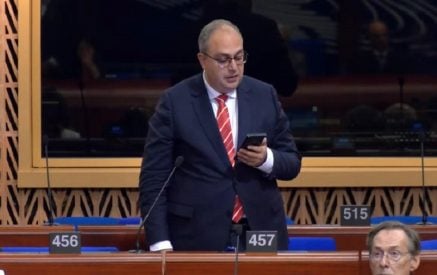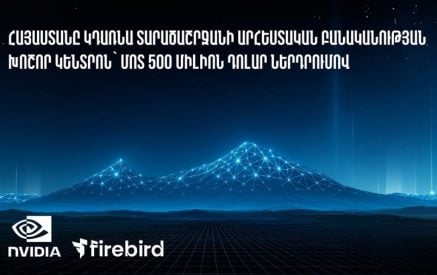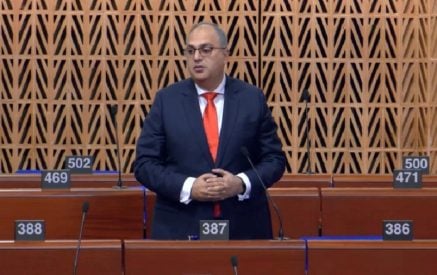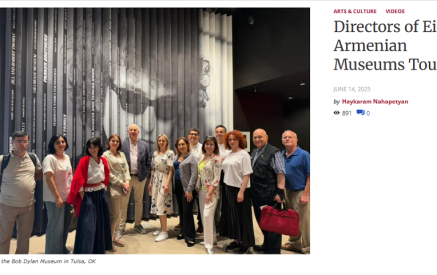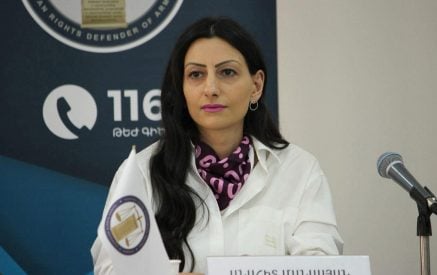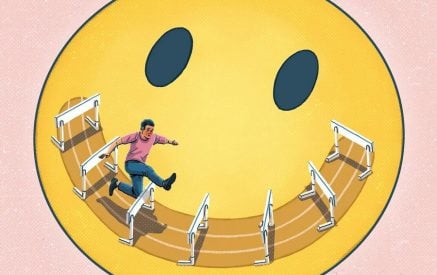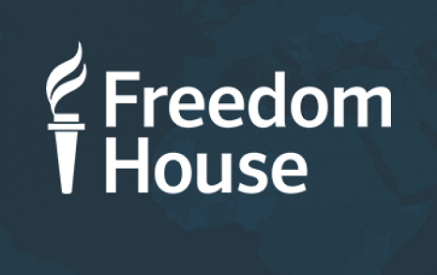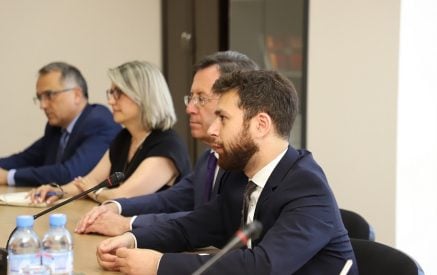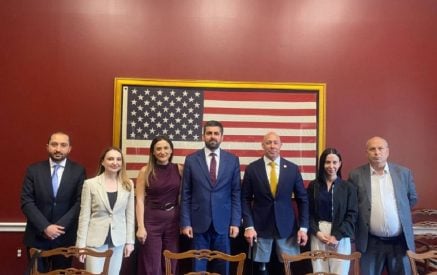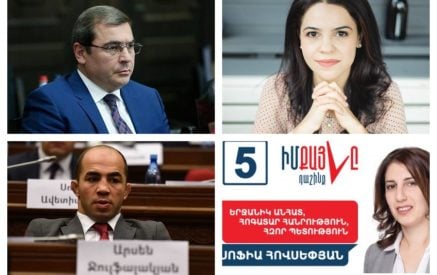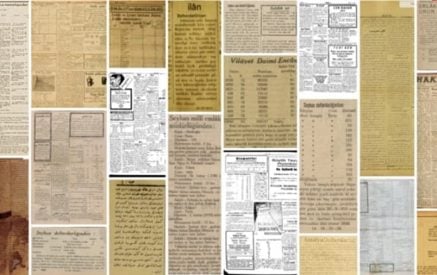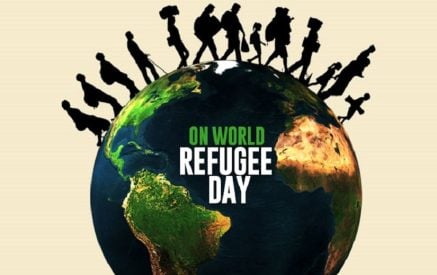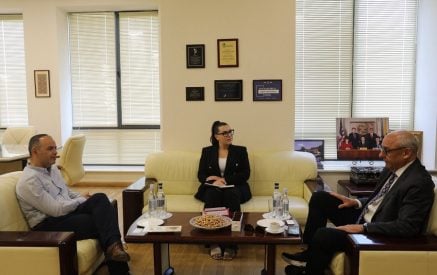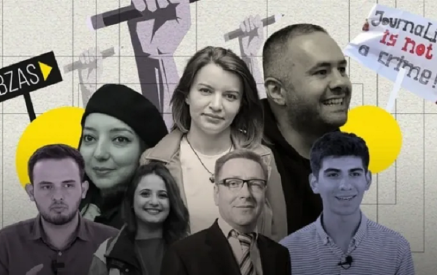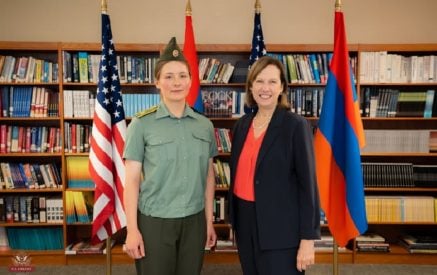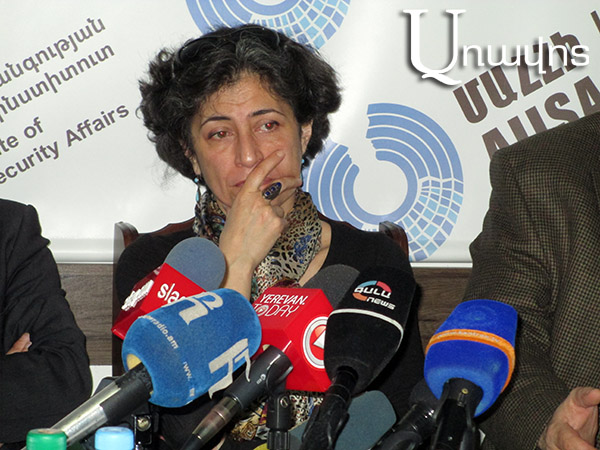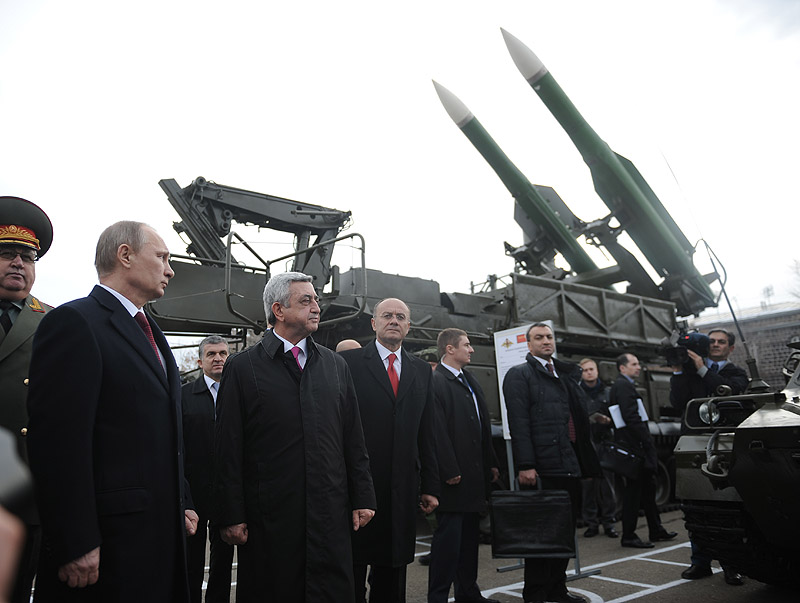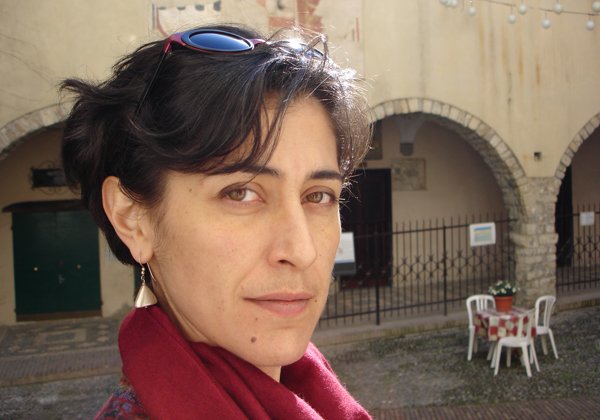According to Marta Ayvazyan, a former head of the NATO Department, Ministry of Foreign Affairs, dishonesty in public speeches and actions was defined as an undisputed political category.
* Can the year 2012 be considered successful for Armenia from the foreign policy perspective? How can you describe the relations between Armenia and European institutions, NATO, as well as the Russian Federation last year?
* The foreign policy of Armenia has been conditional on maneuvering between mainly two factors – neutralizing the obstacles, threats, if not guaranteeing support, for the current government’s reproduction and maintenance of the current political system and contradictory directions of foreign forces, institutions – for quite a long time already.
I wouldn’t say that in 2012, Armenia’s foreign policy differed from the previous years in that sense. Cooperation with different European institutions, NATO was within the framework of cooperation projects – little more active and efficient with the EU, more passive with NATO – events were organized, documents enhancing cooperation were signed. The same applies to cooperation with the Russian Federation and the CSTO. I cannot think of those developments as strengthening the position and improving the reputation of the Republic of Armenia in the international arena, particularly given the fact that the developments within the framework of cooperation with the Russian Federation and the CSTO limited Armenia’s sovereignty and created an obstacle to our cooperation with other institutions and states. In this sense, the year 2012 deepened controversies between those two directions, made it less possible to maneuver between those and made Armenia more vulnerable in these circumstances.
Read also
* Will the government of the Republic of Armenia manage to avoid making choice between the EU and the Eurasian Union, will it manage to maneuver, in your opinion? The Association Agreement between Armenia and the EU is at the signing stage. On the other hand, there are developments with regard to the Eurasian Union and the Customs Union; European diplomats made a few strong statements about Armenia’s choice regarding this issue. Will the government face or is it facing such a choice?
* Sooner or later, Armenia will be compelled to clarify its position and make a choice. I cannot say whether it is formally required to make such a choice or not, but such a requirement was provided for from the beginning, and given the current government’s nature, the choice will be not between the West and Russia, but between independence, sovereign cooperation and absolute submission. Today’s Russia will never tolerate horizontal cooperation with today’s Armenia, and to the West, Armenia, which is a vassal completely dependent on the Russian Federation institutionally, will no longer be of interest as a partner and will be considered as a source of constant tension in the region and in case of certain developments, even a threat to security. The moment of making that choice is unfortunately dependent not on the Armenian government or the will and choice of the citizens of the Republic of Armenia, but on the political agendas of Moscow and the West, on how quickly and deeply the Russian Federation would like to involve Armenia in the Eurasian and
Customs Unions, on how our Western partners, Western institutions will respond to that and on what potential Armenia will have at that moment to resist those pressures or where the ruling administration’s interests will be. If internal political developments after the presidential election lead to the creation of new, strong opposition, which will balance the government, it will offer Armenia an opportunity to delay the moment of making that choice, and it will be possible to make that choice based not on external dictates, but on one’s own interest, only if a government that realizes the necessity of systemic changes, is guided by the state and national interest and enjoys the support of society is formed.
* In roughly one month, a presidential election will take place in Armenia. Serzh Sargsyan seems not to have any powerful rival in the election; the outcome of the election is considered predictable. First of all, what caused this situation, and can a president who is reelected in these circumstances be a worthy partner for the international community or the degree of vulnerability will be higher?
* The fact that the current government is almost alone in the presidential campaign, there is no potent opposition to that government is unfortunate. It is also caused by the fact that the powerful opposition that was formed after the previous presidential election and has enjoyed the nation’s support and has been one of the main factors in drawing up the political agenda of Armenia for almost four years has moved away from its original goals for some reason, has cut deals with different wings of the government and has failed, has lost society’s support, and now there is basically a group of just seven people who are internally split up, have no practical influence and exist within the framework of a parliamentary group just formally called the Armenian National Congress (ANC). During this process, all the slogans of the movement, which had united the overwhelming majority of our society, were devalued by the opposition itself, dishonesty in public speeches and actions was defined as an undisputed political category and was used and is used mainly against former and present opposition teammates. The potential of reaching a change of power and systemic changes through consolidating an internal force, the people, was wasted, and the people’s hope of reaching its goals by that was dashed. It caused a rise of the external forces’ role and importance in our internal life. Certainly, under these circumstances, an “elected” or “reelected” government cannot be complete and has to make some systemic changes, be interested in forming a strong and principled opposition to protect its own interest, viability and security.
As for the international community, it is guided by economic and political interests and pragmatism, in some cases, norms and standards of legitimacy or democracy, as far as its relations are concerned, whereas “worthiness” or “unworthiness” is a different matter and is not applicable in this context. And the degree of vulnerability is hardly higher than in the past five years inasmuch as the upcoming election will be in a much calmer atmosphere than the previous presidential elections and will create an illusion of the government’s legitimacy.
EMMA GABRIELYAN
Aravot Daily


